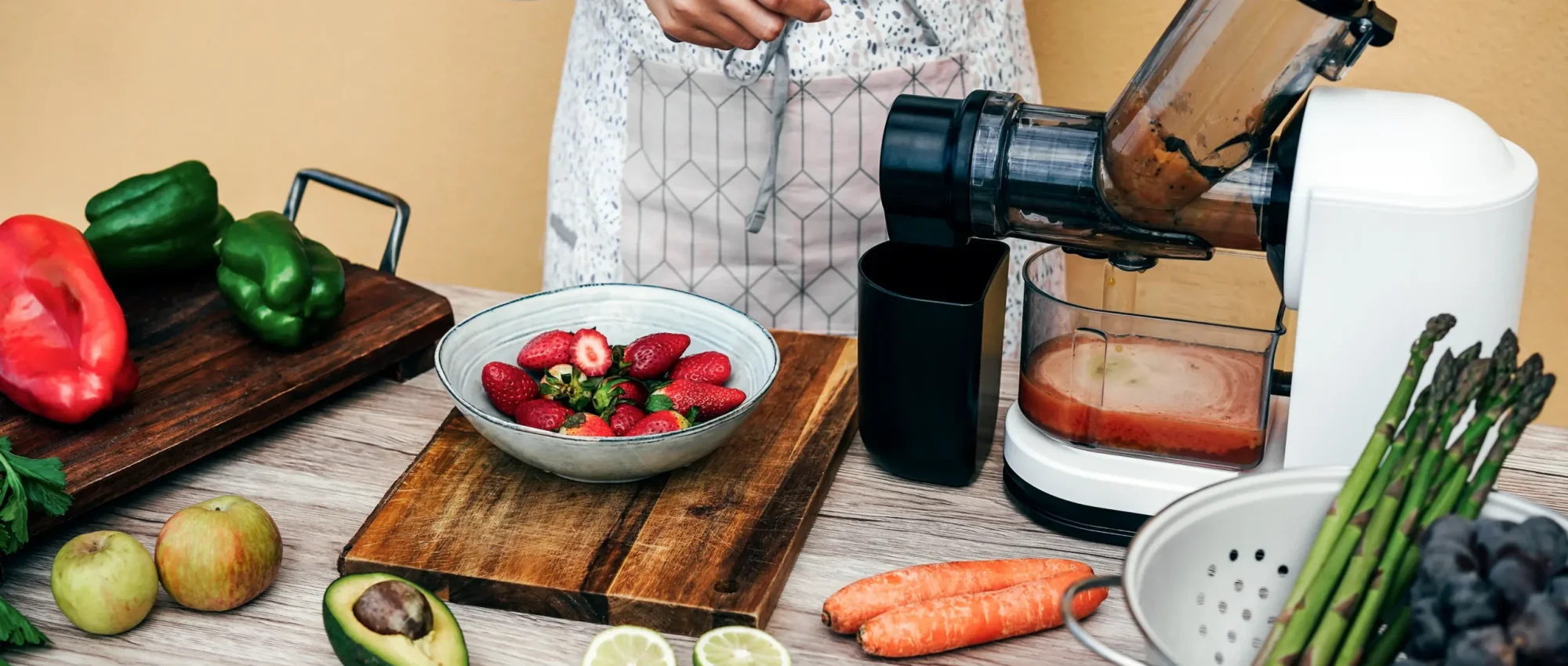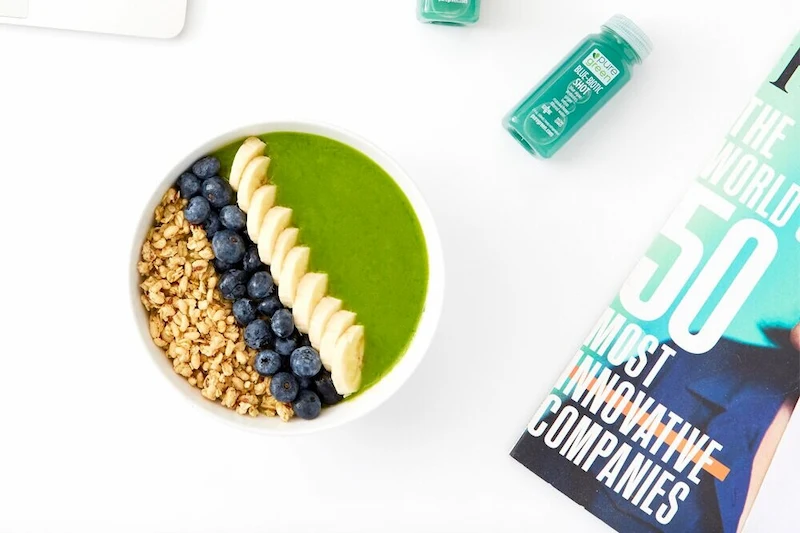Comparing Centrifugal Juicer vs Cold Press Juicer: Which is Right for You?
Juicing might seem simple, but how you make your juice can change everything. Cold-pressed juice, for example, preserves up to 50% more vitamins and minerals compared to its centrifugal counterpart. That’s a major boost for your health in every glass!
The difference lies in the process. Cold-pressed juice extracts nutrients without heat, keeping enzymes and antioxidants intact. On the other hand, centrifugal juicers rely on high-speed spinning that generates heat, which can reduce the nutritional value. So, if you’re looking to maximize the benefits of every sip, understanding the contrast between these two methods is crucial. Let’s break down the pros and cons, so you can make the healthiest choice for your juice routine!
Key Takeways
- A cold press juicer is a machine that turns your fresh produce into a nutritious, drinkable liquid by way of hydraulic press
- Unlike cold press juicers, centrifugal juicers use steel blades to cut up the fruits and vegetables
WHAT IS A COLD PRESS JUICER?
A cold press juicer is a machine that turns your fresh produce into a nutritious, drinkable liquid by way of hydraulic press. Basically, it is a machine that crushes your fruits or vegetables to form a sort of salsa-like consistency and then is put between two steel plates which use thousands of pounds of pressure to squeeze every last bit of juice out of your fresh fruits and vegetables.
Add to this, the Chucky fruits and vegetables are filtered through a press bag, which ensures you’re only getting a smooth, creamy liquid, and don’t have to endure gulping down chunks of fruits and vegetables.
As the name implies, there is absolutely no heat or friction in this process, which is optimal for keeping the nutritional integrity of your fruits and veggies intact.
A true cold press juicer is not to be confused with a twin gear juicer. A twin gear juicer uses two gears as the name suggests, called augers, to pull the product into the machine and chew it up. The augers then extract the juice by pushing the chewed-up fruits and vegetables through a sharp metal screen. This means that you’re getting chewed-up bits of fruits and veggies in your juice, which isn’t quite as palatable as you may like. To ensure you get the best results and avoid common pitfalls when juicing at home, check out these 10 common mistakes.
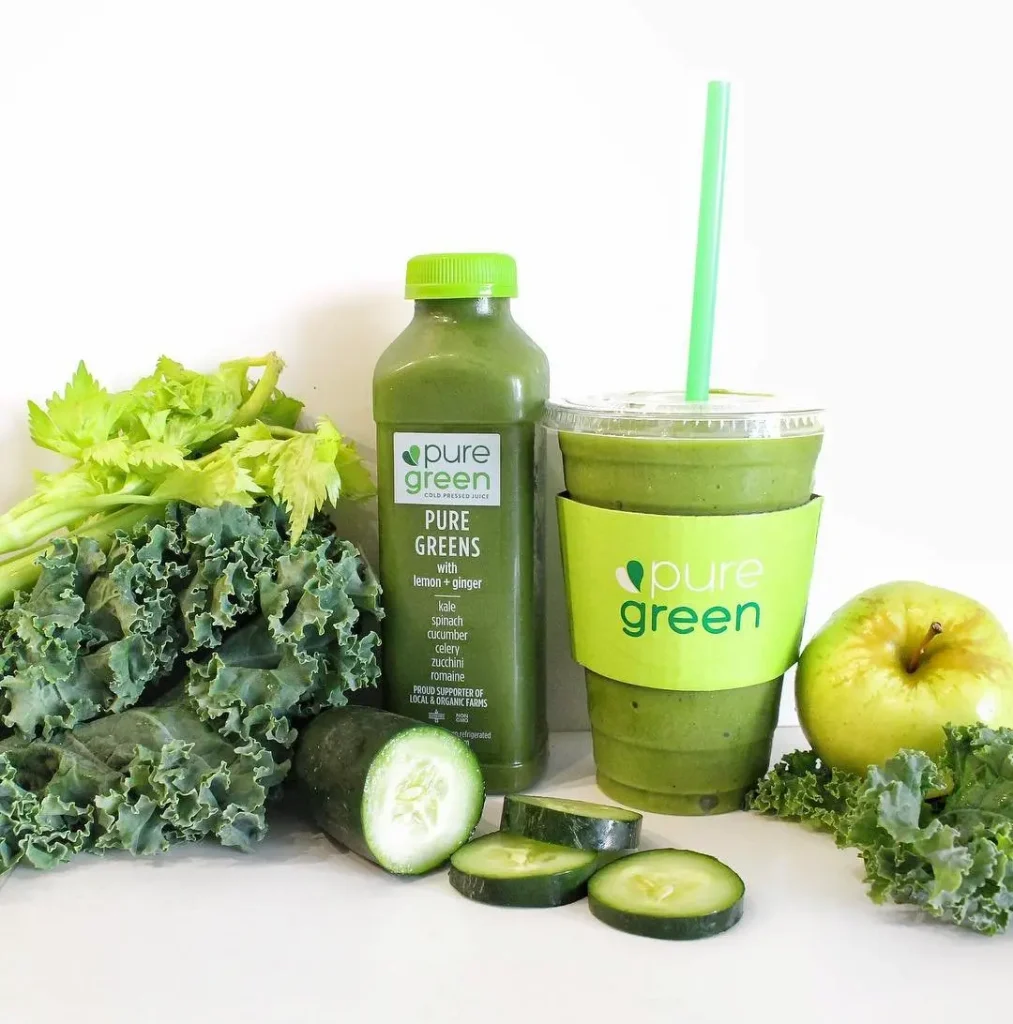
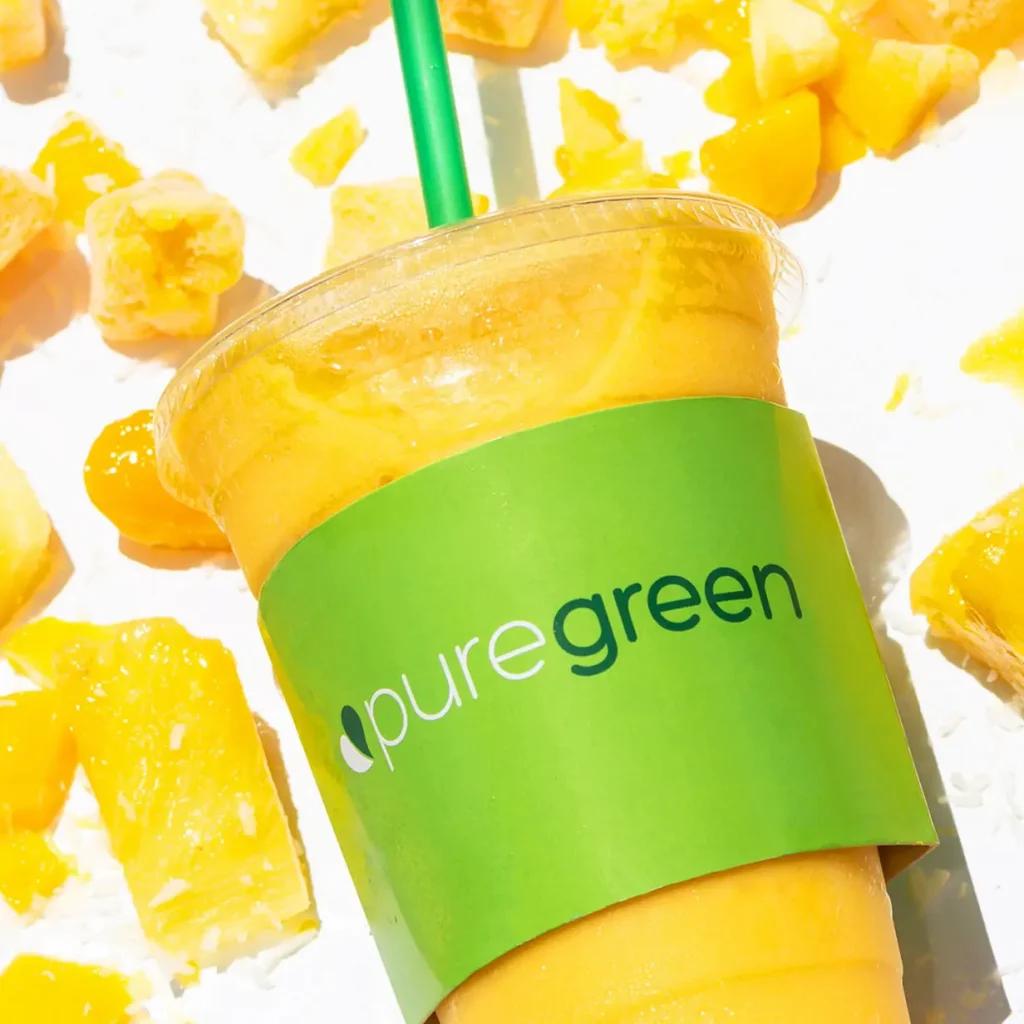
Cold press juicers come with a pretty hefty price tag, but we’re here to help you understand why. As we mentioned previously, cold press juicers use immense pressure to extract juice from your produce, without adding any heat, thus keeping all of its nutritional integrity.
Cold press juicers also produce a higher juice yield than other juicers on the market, making them superior juicers in every way.
The only potential downside of a cold press juicer is the shelf life of your juice. Because there is no heat in the production of cold-pressed juice, such as pasteurization, your cold-pressed juice will have a slightly shorter shelf life.
But this is why so many people are investing in their very own cold press juicers so that they are sure they are getting absolutely fresh, cold-pressed juice every day.
WHAT IS A CENTRIFUGAL JUICER?
Unlike cold press juicers, centrifugal juicers use steel blades to cut up the fruits and vegetables. You can put big, roughly cut chunks of fresh fruits and vegetables into the juicer and turn it on, and the machine blades will spin at an extremely high speed to basically liquidize the produce.
Because there is no press or filter press bag in these machines, your juice may not be as smooth or “juicy” as you may like. Often, people who use centrifugal juicers prefer to strain their juice so they are left with a smooth, chunk-free liquid.
Because the juice yield of a centrifugal juicer is much lower than that of a cold press juicer, many people tend to add pasteurized juices to their fresh fruits and vegetables to produce a higher juice yield. This means adding more sugar to your juice, meaning you have to watch your intake more carefully.
The other major difference with a centrifugal juicer is that because it uses blades instead of a press, the fast spinning blades create heat friction which can break down essential nutrients in your juice. The high speed blades also cause oxidation to take place, and this in turn can cause nutrients to break down faster, allowing for bacteria to enter faster as well.
Centrifugal juicers should not be confused with masticating juicers. A masticating juicer or slow juicer as some may know it, works by slowly extracting the juice, rather than using fast spinning blades. It uses an auger, similar to that in a twin gear juicer, to slowly pull and chew the fruits and vegetables and then press the juice through a sharp mesh screen.
While a masticating juicer (or slow juicer) does not involve as much heat friction or oxidation, meaning that the juice is of a much higher quality and nutritional value, the juice yield is slightly lower than that of a centrifugal juicer. The technology involved in masticating juicers is also a lot more complicated, making it a much more expensive option.
Difference between cold pressed juice and centrifugal juice
Cold pressed juice has earned a well deserved, good reputation because of its nutritional value. A cold pressed juice is packed full of the essential vitamins and minerals found in your whole, fresh fruits and vegetables, but in an easy-to-consume form.
Because a cold press juicer does not use heat, none of these essential vitamins are compromised and there is also no need to add any extra liquid, such as pasteurized juice, meaning you’re not adding to the sugar content of your fresh juice.
Let’s take a look at Pure Green’s Rockin Beet Cold Pressed Juice. The ingredients include beet, carrot, apple, lemon and ginger. Because we cold press our juices, we do not add anything else to the fruits and vegetables meaning that there is no added sugar, but rather only the natural sugar present in the fruits and vegetables.
Because we cold press the juice, the nutritional value remains completely intact. Pure Green’s Rockin Beet juice contains 140% of your daily recommended Vitamin A and 35% of your daily Vitamin C, as well as 845 mg of potassium. Owing to the fact that we only use fresh fruits and vegetables (and sometimes herbs and spices) our cold pressed juices remain gluten free and Kosher.
Centrifugal juice, while full of nutrition, does not retain as much of the nutrition as cold pressed juice does. Because of heat friction and oxidation, the vitamins and minerals tend to break down faster meaning you’re not maximizing the value of your juice.
How is Cold Pressed Juice Made?
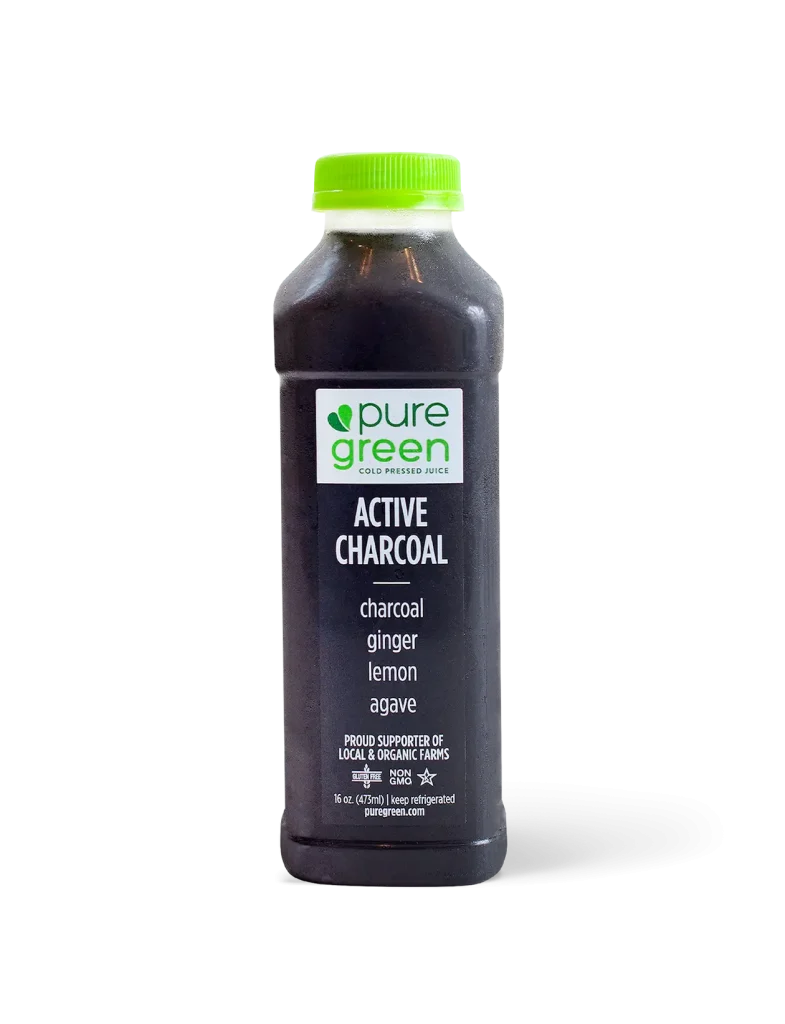
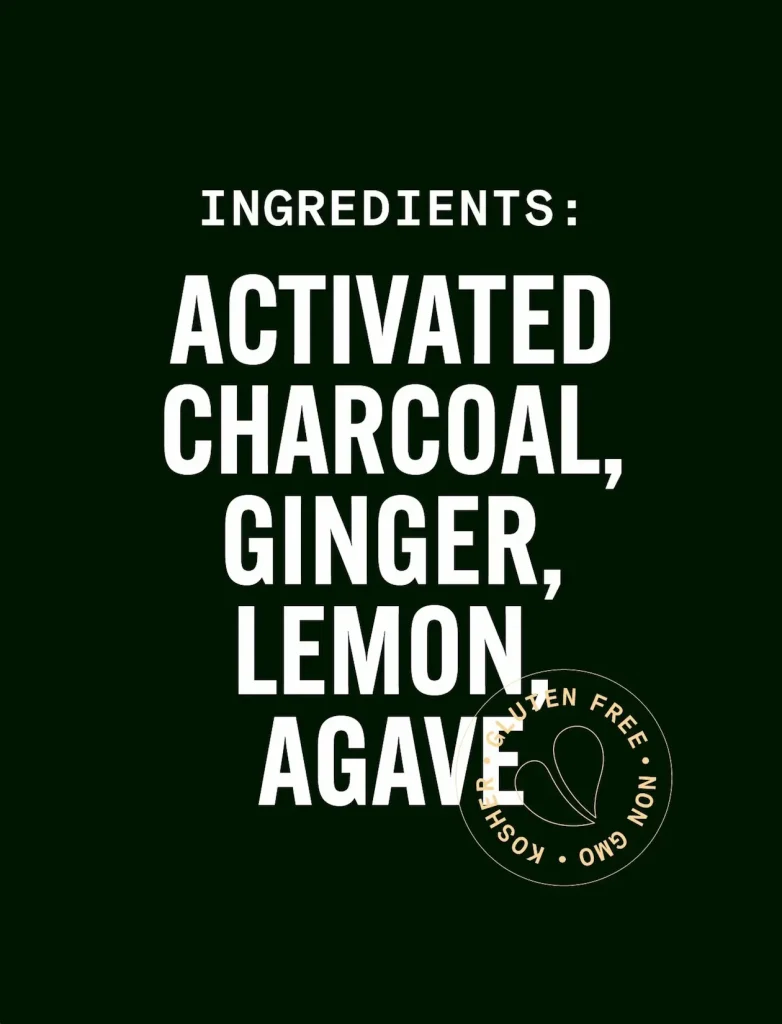
Adding to this, centrifugal juice does not have the lovely silky texture as cold pressed juice. If left to stand for a few minutes the juice begins to separate. You end up with the thicker, not-so-juicy pulp at the bottom, and the clear, smooth liquid at the top. This is especially noticeable in green juice, made using leafy greens. This not only looks unappetizing, but is also slightly less palatable than a smooth, silky cold pressed juice.
Because cold pressed juice is pressed using filter press bags, you are always left with a beautifully colored, smooth liquid, and all the pulp stays behind in the press bag.
What’s the take-away?
While centrifugal juice is packed with vitamins and antioxidants, and centrifugal juice extractors are generally cheaper, we here at Pure Green believe that cold pressed juice is still the better option.
The vitamin and antioxidant capacity of cold pressed juice is higher, and uncompromised by heat or oxidation, making it the superior drink. It also has a wonderfully silky smooth texture which makes it much more pleasant to drink.
We know that investing in a cold press juicer may not be on your list of priorities now, as they are pretty pricey. So we’ve got just the solution for you while you’re saving up for your very own cold press juicer.
When weighing the options of a Centrifugal Juicer vs Cold Press Juicer, it’s important to consider your personal needs and preferences. Centrifugal juicers are known for their speed and convenience, making them a popular choice for those with a busy lifestyle. They work by using a fast-spinning blade to extract juice from fruits and vegetables, which is great for quick juice preparation. However, this method can introduce heat and air, potentially reducing the nutritional content of the juice.
On the other hand, cold press juicers operate by slowly crushing and pressing fruits and vegetables to extract juice, preserving more nutrients and enzymes. While cold press juicers tend to be more expensive and slower than centrifugal juicers, they produce a higher quality juice with a richer flavor and deeper color, making them ideal for health enthusiasts who prioritize nutritional value over speed. Ultimately, the choice between a centrifugal juicer and a cold press juicer depends on your specific juicing habits, budget, and health goals.
At Pure Green we use only the highest quality fruit and veggies in our juices, and we don’t add any nasty sugars or preservatives. We make our juices fresh and ready to drink so you never have to worry about getting a good quality cold pressed juice while you’re saving to buy your own juicer.
Simply pop by your nearest Pure Green franchise for a cold pressed juice experience you’ll never forget!
